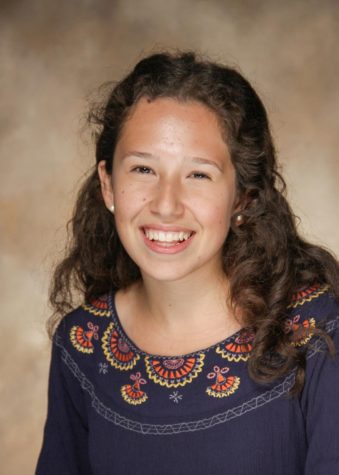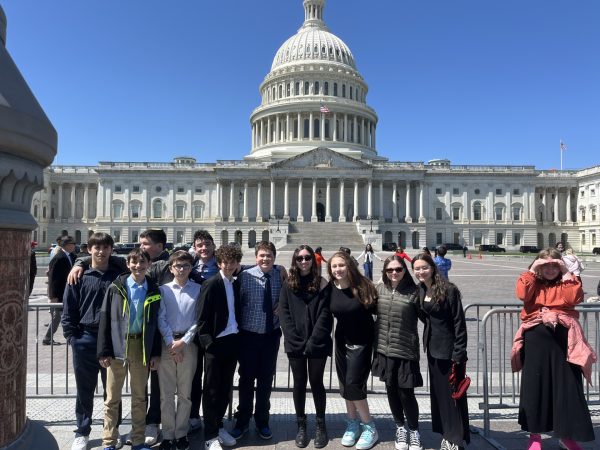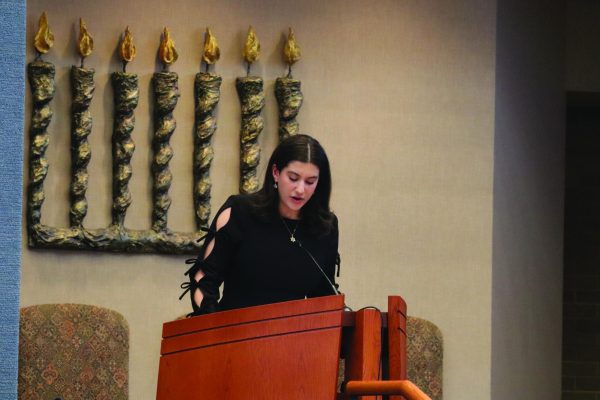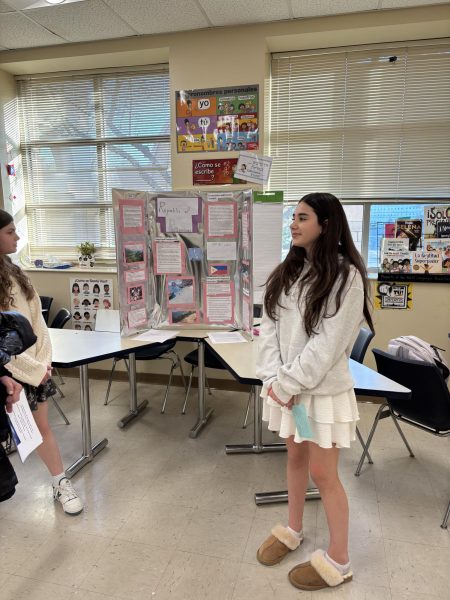Administration aims to make new textbook policy convienent, cost-effective
New for the 2018-19 school year, CESJDS will provide school-owned textbooks for the students, which they will use for the year and return in June. This policy is a shift from previous years, when parents were provided a list of all necessary textbooks and materials for classes and purchased them themselves.
The new policy was announced on Jan. 29, as part of an annual email that goes out to parents regarding tuition for the upcoming school year. With the new approach, JDS families will pay an additional fee, which is added to tuition, for textbooks.
The annual fee is $250 for sixth-graders through juniors and $125 for seniors because they only complete one semester of school. According to Director of Instructional Technology Ginger Thornton, the annual fee was calculated by determining the number of textbooks JDS still needs to purchase and the number of students who will need them.
“Families who I spoke to directly, which is a small sample of all families, who relayed to me amounts that they were spending on textbooks and other things, those amounts were definitely higher than the fee we are charging,” High School Principal and Associate Head of School Dr. Marc Lindner said.
Generally, the new system has received positive feedback and has been something that parents have been advocating for years, according to Lindner. Susan Stillman, a JDS parent, supports this new policy. She said that a $250 fee is significantly cheaper than what she had paid in the past for books.
“I think it’s great … getting your own books is a huge expense and a huge stressor,” Stillman said.
From Thornton’s experience, the only criticism the new policy has received was regarding the inability to pass textbooks down to younger siblings or friends. Those who mentioned that to her, however, also said that they understand the change in policy.
“There is nothing that we are able to do to account for it,” Lindner said. “The only thing that I would say is if an older sibling had a textbook and it was the same exact one that was being used that current year by a younger sibling, there would be an extra book at home.”
In hopes of making the process more economical for families with older children, JDS held a textbook buyback in June. The school has held buybacks in previous years, where families could sell their textbooks back to Follett, the company who formerly distributed JDS’ textbooks to families. In the most recent buyback, families sold their books back to the school to be used for future years.
Stillman took advantage of the buyback and sold as many copies of books as she could. Because she has older children, she had many copies of books and felt “caught in the middle” in regard to the shift in policy.
Because these textbooks are school-owned, students will be more restricted in handling and using the books. Students will not be allowed to highlight or annotate directly into books, which is a significant deviation from the past. Thornton, a former English teacher, understands the benefits of annotating but proposes Post-it note annotations instead.
“A lot of people now teach annotation using Post-it notes; I know at our lower school we do that a lot,” Thornton said. “People already do that because then it is easier to change the annotations and once you write something in a book it is there for life. And this way there is a little more fluidity and control of that.”
Post-it note annotations, however, are not preferred for all students. Senior Ari Gershengorn prefers writing directly in his book, and because of that, plans on using his older brother’s, alumnus Caleb Gershengorn (‘16), books.
“I think that a big part of the English curriculum should be being able to engage with the material and part of that is annotating,” Gershengorn said. “The fact that we can’t write in our books anymore feels like it makes it harder for me to learn. [Post-it note annotating] is not the same.”
In addition to keeping books unmarked on the inside, JDS is taking measures to increase the life of textbooks and preserve their external conditions. To do so, all textbooks will be covered with either cloth covering or paper, and smaller books will have a clear plastic shield.
“I think you can’t make everybody happy but I still think [the new policy] is worth it because there is no guarantee that your kids all use the same books, so I still think it is great for uniformity and ease ultimately for the parents,” Thornton said.
This story was featured in the Volume 36, Issue 1 print edition of The Lion’s Tale, published on Aug. 28, 2018.






